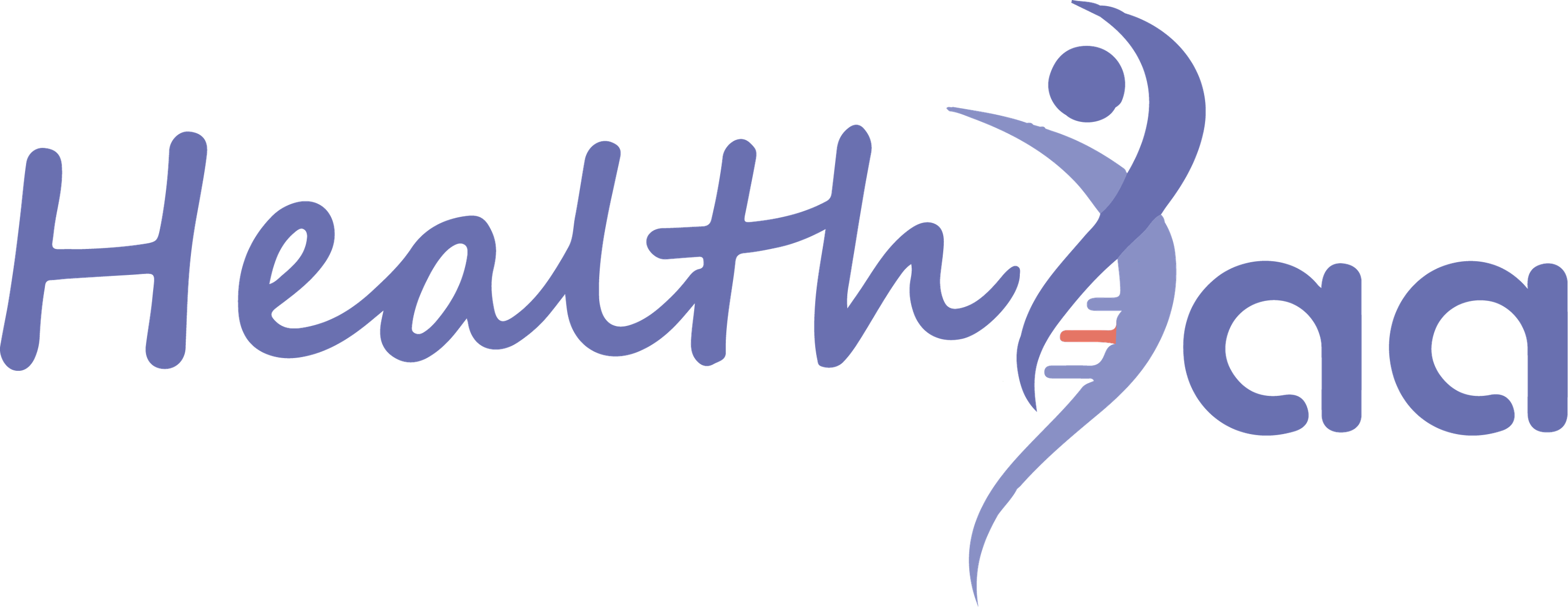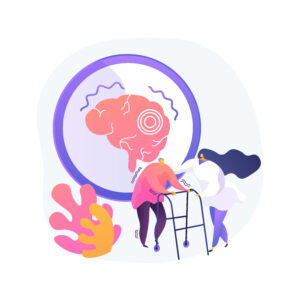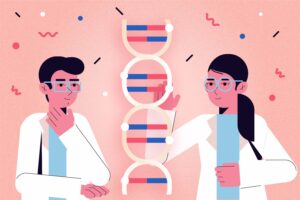Our Products
Why Healthyaa?

4.9 Rating
Our customer support and timeliness received highly positive reviews!

Our Team
Combining diverse talents for a common goal - revolutionizing healthcare

Infrastructure
Headquartered at UK
NABL accredited laboratory

Genetic counselors
BGCI certified and qualified expertise to fill you in about the detailed DNA report and provide you with recommendations.

01
Informed consent
02
Privacy First
03
Accuracy and quality
04
Personalised Recommendations
Advisory Panel
"Experience the power of personalized healthcare with our trusted team of doctors."

Dr Thiagarajan Sridhar
MBBS MRCP(UK) FRCR (UK) CCT UK PG Dip Clinical Oncology Clinical lead for Stereotactic Radiotherapy Principal investigator for many clinical trials
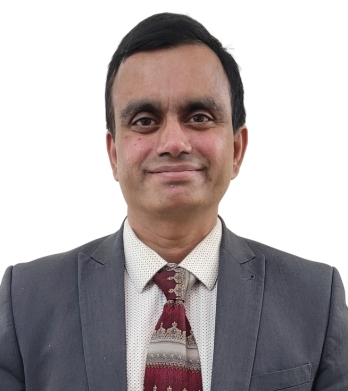
Dr Subramanian Ganesan
MBBS, DCH, MRCPCH FRCPCH Consultant Paediatric Neurodisability and Epilepsy Leicestershire Partnership Trust NHS
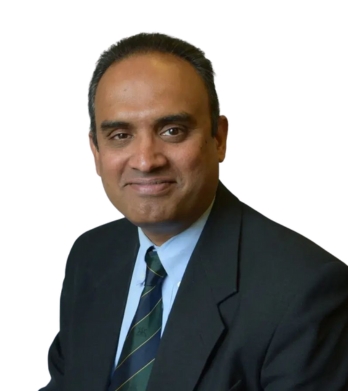
Dr Thanthullu Vasu
Consultant in Pain Medicine National Health Service, United Kingdom

Dr Saravanan Durairaj
MBBS, DCH, MRCPCH Consultant Paediatric Cardiologist National Health Service, United Kingdom
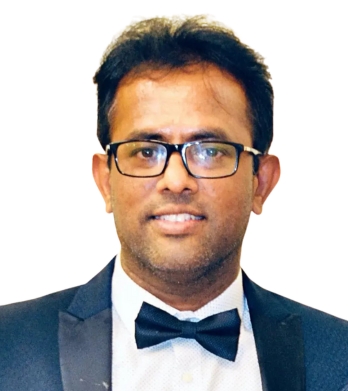
Dr Balamurugan Nambi
M.B.B.S MRCPsych Consultant Child & Adolescent Psychiatrist

Dr S Chandrasekar
Head & Professor of Medicine
Govt Stanley Medical College
Unlock your Genetic Potential
Discover the power of your DNA in four simple steps




Read only what's relevant to you and your DNA .
Stay informed on the latest genetic health updates with our expertly written blog by qualified professionals. Dive into the latest genetic health updates and discover how they relate to you, your health, and your future. Empower yourself with relevant information and stay ahead of the curve.
Check the Answers to Frequently Asked Questions
Here you will find answers to many common questions about our DNA testing services. Our goal is to make your experience with us as smooth and informative as possible, so if you have any questions that are not covered here, please don't hesitate to contact us directly.
- DNA samples can be collected from a variety of sources, including blood, saliva, hair, skin, and other bodily tissues. The collection method will depend on the type of sample being used.
- Here we generally used saliva sample, saliva samples can be collected by using a swab to collect saliva from the inside of the cheek.
- Health and Wellness: DNA tests can provide information about a person's genetic risk for certain health conditions. This information can be used to make lifestyle changes or seek medical treatment to reduce the risk of developing these conditions.
- Breast Cancer: A DNA test for breast cancer can help identify whether you carry certain genetic mutations that increase your risk of developing breast cancer. Specifically, the test looks for mutations in the BRCA1 and BRCA2 genes, which are associated with an increased risk of breast and ovarian cancer.
- Whole Exome Test: A whole exome analysis test is a type of genetic testing that can provide valuable information about your genetic makeup. It involves sequencing all of the protein-coding regions of your DNA, which are known as exons.
- Ancestry and Genealogy: DNA tests can reveal information about a person's ancestry and genetic heritage. This can be helpful for people who want to trace their family history, connect with relatives they may not know about, or learn more about their ethnic background.
- Genetic predispositions: DNA testing can reveal whether you have a genetic predisposition to certain medical conditions, such as breast cancer, heart disease, or other DNA related disease . This information can help you take proactive steps to prevent or manage these conditions.
- Medication response: DNA testing can help determine how you will respond to certain medications. This information can be used to personalize your treatment plan and ensure that you receive the most effective medication.
- Inherited conditions: DNA testing can identify whether you are a carrier of certain genetic conditions that can be passed down to your children. This information can help you make informed decisions about family planning and genetic counseling.
- Blood samples: Blood samples are typically collected by inserting a needle into a vein in the arm. While this may cause some discomfort or minor pain, the procedure is usually not invasive and is over quickly.
- Saliva samples: Saliva samples are collected by using a swab to collect saliva from the inside of the cheek. This procedure is non-invasive and typically painless.
